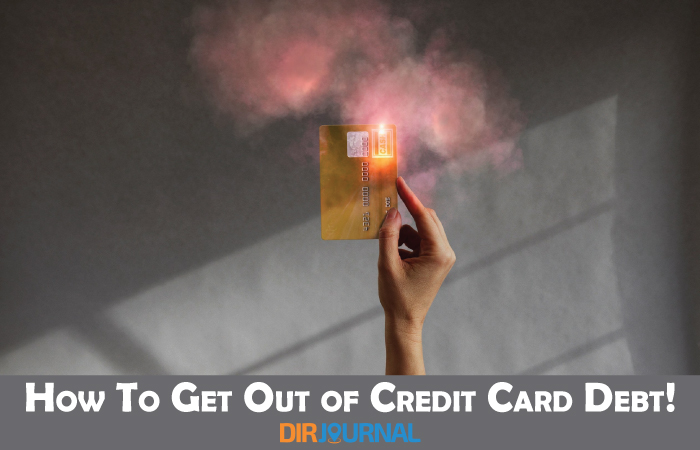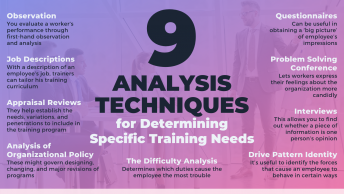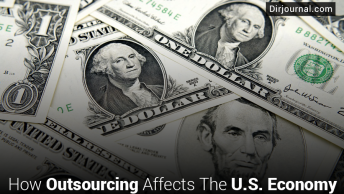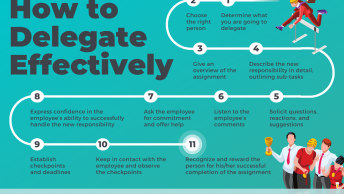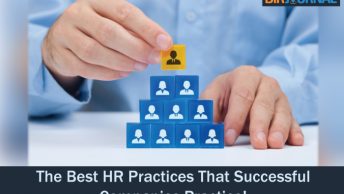Years of spending much more than their earnings have left a large percentage of Americans standing at the financial precipice. Studies show that 75% of Americans failed to pay their utility bills on time; about 39% of people who have mounting debts or bills say that they had to deplete their savings in order to pay off bills; around 30 percent of them accumulated credit card debt.
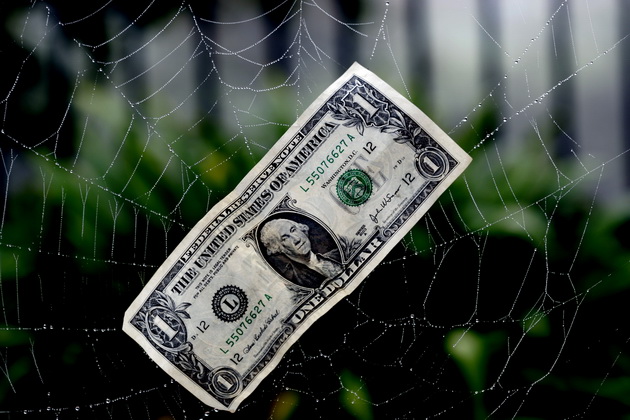
This is the worst possible situation anyone can get into – self-created, albeit unintentional. Debt is certainly not something that just happens as you go about your daily routine. Lack of knowledge on financial management in most cases leads to out-of-control debt. The partners in this financial demise are the financial giants making money out of the huge interests and fees they charge.
With the task of eliminating the mountain of debt staring on the face, most people wonder which outstanding bills to clear first. Setting up a debt plan works but it will work only if you discipline yourself to pay back the money within a specified length of time.
When in debt, it has to be done RIGHT NOW. Paying a little back is better than worrying and doing nothing about it. You will have to stick to the plan until the debt is completely paid.
Follow these steps to set up a debt payment plan:
Stop Using Credit
I cannot stress on this enough. There are no two ways about it and it has to be done if you want to get yourself out of debt.
• Stop using credit
• Do not finance anything
• Cut up your credit cards
Cutting up cards may seem extreme and tough to follow. Many financial consultants say that it is not required but if you are neck deep in debt, let me tell you, credit cards are nothing but a trap and throw you in deeper. Once you straighten out your finances, you can always get another credit card. Cancel all your accounts that you use a credit card for paying.
Set Up an Emergency Fund
You may ask why you need an emergency fund even before paying off the debts. The reason is that you are saving for unforeseen emergencies, so that you do not have to take another loan. Please do not say that you can use your credit card for emergencies; you are not going to. You are only going to save cash for any emergency. Try and keep aside at least $1000 for emergencies. Make sure not to use it for a drink or a new dress, this money is only to be used for emergency hospital visits or when your car dies or some such need.
Now that you have taken care of the emergency fund and stopped using credit, time to attack your debt with all the determination and will-power you can muster, and get rid of it. Sacrifices will have to be made to get out of a financial mess.

Taking stock of the debts on hand.
First things first! Make a note of all the details pertaining to your debts:
• All the debts on hand
• The names of the creditors
• Interest rates
• Balance owed to each
• Number of payments remaining
• Monthly payments
• Payment due date
• Amount last paid
• Date last paid
• Their addresses and telephone numbers
• Legal action taken (if any)
• If collection agency or attorney is involved, their details
Finding out how much you can pay back and by when.
It is now clear what your debts are and how much you owe creditors.
Now time to figure out how much you can pay back each creditor and how long it is going to take to clear each debt.
It is advisable to limit the credit payments to not more than 25 percent of the monthly earnings. However, if the debts are many, then you can extend it to 30 to 35 percent, as most people generally need at least 65 percent for their living expenses. If more than that is needed, you must try to increase the income and reduce the expenses.
Let us look at a few ways to increase the income for paying off debts:
• Record all the income and expenses for a month and reduce the expenses, to be able to use more towards paying off the debts.
• A good idea is to sell any assets you own, such as furniture, car, jewelry, antiques etc. If you have an insurance policy, you can try borrowing against the cash value, you could borrow against retirement funds, cash stocks or bonds that you have. IRA or retirement funds should only be used as a last resort as there is a penalty involved if you withdraw them before time.
• Try and increase the income by taking up a second job or working overtime. Unemployed family members could find jobs.
• Check at your work place to see if you can reduce the amount you contribute towards your retirement plan. You may have reduced savings over a period of time, but you will get increased earnings every month. You should know that these changes are effective for the whole year usually and you may also go into the higher tax bracket.
Setting Up a Plan to Pay Off the Debts
Once it is clear how much money you can keep aside to pay back creditors, it is time for you to decide how much you are going to pay back each creditor per month and how long it will be before all the creditors are paid off. Chart out a clear plan on how you wish to proceed.
You can decide on doing one of the following things:
• Paying off all creditors an equal amount of money every month.
• Paying off more to creditors who you owe more money.
• Paying off more to creditors who charge higher interest.
• Paying off first to creditors you owe less money to.
Studies show that the last option is the most popular. Paying off the lowest debts first is called the “debt snowball.” By paying more to the smallest debt, you are going to pay it off faster.
Let us take a look at how this works:
• Debts will be paid off from the lower to the highest.
• Pay the minimum amount on all other debts except the lowest balance debt.
• Pay all other money at the lowest balance debt.
• When the lowest balance debt is cleared, you must remember not to change the amount that is being paid to all other debts, instead all the money should now go into the debt with the next-lowest balance.
The length of time it is going to take to repay each debt depends on the debt amount and the interest rate.
Prioritizing Debt Payments
If the money is not enough to repay all loans every month, then you will need to prioritize the debt payments.
First priority debts include:
• Mortgage
• Utilities
• Rent
• Secured loans
• Insurance
Second priority:
• Finance company loans
• Credit card payments
Last priority:
• Loans taken from family members and friends
Urgent:
• If there is a threat of a court order of some sort from any creditor, then that loan should become your first priority.
This is by no means a list that holds true to everyone. Individual circumstances may call for different priorities. However, these guidelines should help in understanding what needs to be tackled first.

Chart for Debt Repayment
Chart out the debt repayment plan clearly on paper. You can write the creditor’s name in one column, total debt, original monthly payment and the amount you have decided to pay each month in columns. Do the same for all creditors. This takes away a lot of the confusion and makes it easier for you to understand what is happening.
Letting the Creditors Know
Once you have a plan in place, start being frugal in your expenses. You should not use your credit cards or take any more loans, unless in a life and death situation.
Do not hide from creditors – Another thing many people do is hide from creditors and avoid calls from them, which can lead to more trouble. Call each creditor and explain to them why you had fallen behind on your payments. Let them know your obligations and how you plan on making their payments and the amount you will pay each month. It is important to be honest. Creditors prefer receiving at least small amounts of money, and get wary when they receive nothing.
?
Getting Help
There are times when nothing seems to work out and it seems impossible to manage financial problems. If you are not able to solve your financial problems alone, take the help of financial counselors who can help you with budget planning, setting up a debt payment plan and money management. There are several non-profit counseling agencies that are inexpensive. You may want to check out your local churches and credit unions to see if they provide financial counseling. You will have to find a reputed and reliable counseling service and that can be done by checking with the Better Business Bureau to see if the counseling service has any complaints against them.
You must control your spending and stick to your debt payment plan until you have cleared all the debts. If your income increases or decreases, raise or lower the monthly debt payments based on that.
The most important thing is to take action – start now. Your debt needs to be tackled right now.







